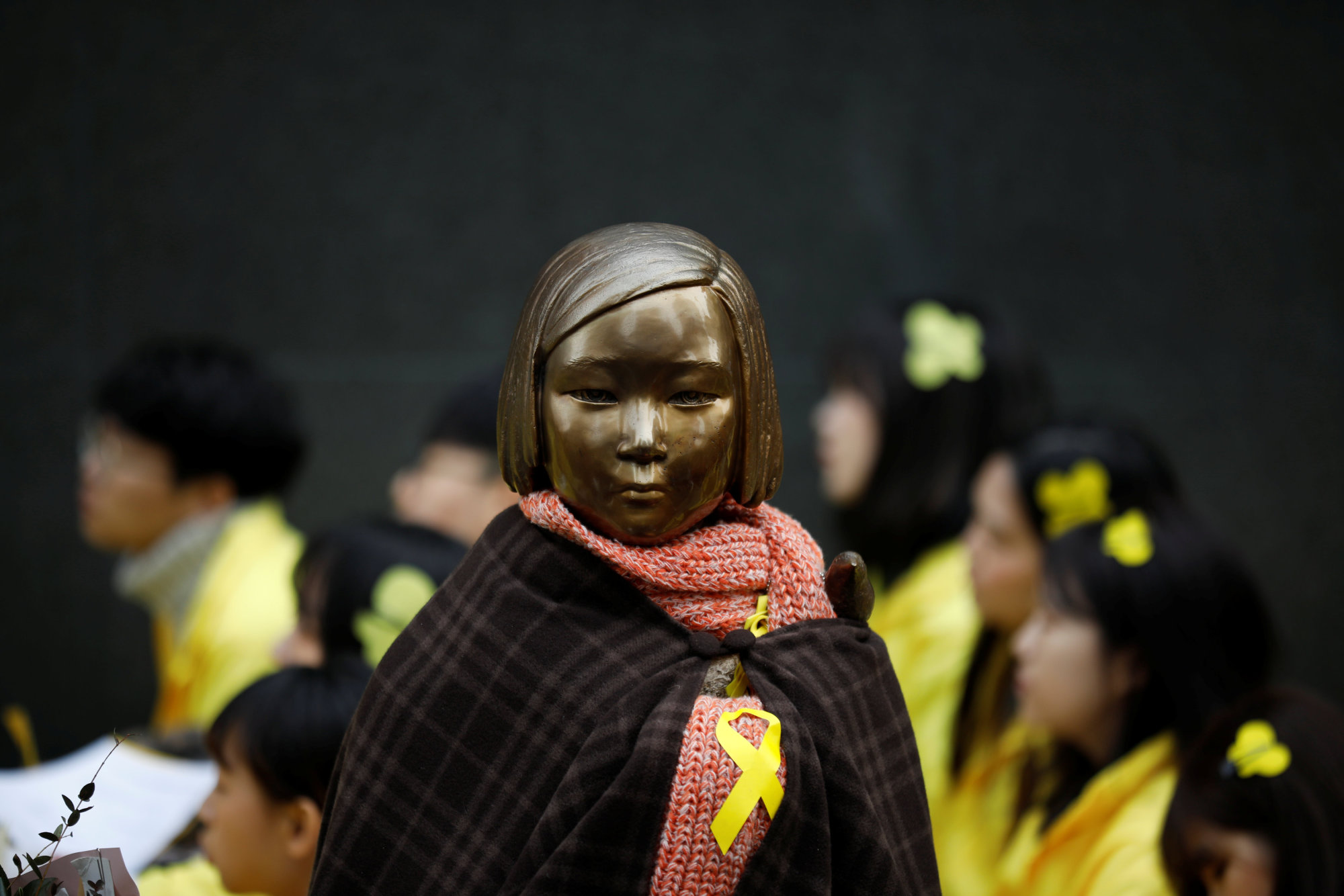So what's with Japan's public diplomacy? Why does it keep drawing attention to wartime Japan when the world is far more interested in 21st century Japan?
The latest inept gambit was the Foreign Ministry's decision to file an amicus curiae (official brief) on Feb. 22 in support of a lawsuit that seeks the removal of a "comfort woman" statue in the town of Glendale, California. The Californian state and federal courts ruled in favor of the town, but an appeal of the federal court ruling has been made to the U.S. Supreme Court to overturn that decision and force Glendale to remove the statue. The chances of the Supreme Court considering this appeal are remote — typically only about 1 percent of such cases are selected — so why did the Foreign Ministry go to the trouble and expense of weighing in on this particular lost cause? What are the chances that targeting local U.S. authorities for challenging revisionist denials and evasions about the comfort women will serve the nation's interests?
Refining America's understanding of what went on with the comfort women has become a preoccupation of Japan's diplomats during Shinzo Abe's reign as prime minister. The envoys are apoplectic about statues commemorating this system of sexual servitude — a system that the Japanese government acknowledges existed.



